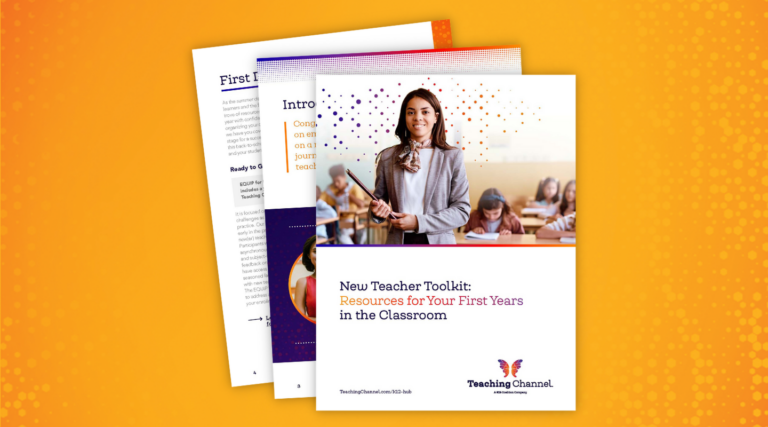Are you a rock star teacher when it comes to dealing with pre-teens, but dealing with a student's parents causes you to break out in a cold sweat?
Do you wonder if you missed the course on how to deal with difficult parents during your undergrad?
Fret no more! We are here to help. Parent Partnerships 101 offers you tips to help establish positive parent-teacher communication strategies and relationships and leave you feeling confident the next time you are working with the parents of students in your classroom.
Do you wonder if you missed the course on how to deal with difficult parents during your undergrad?
Fret no more! We are here to help. Parent Partnerships 101 offers you tips to help establish positive parent-teacher communication strategies and relationships and leave you feeling confident the next time you are working with the parents of students in your classroom.






